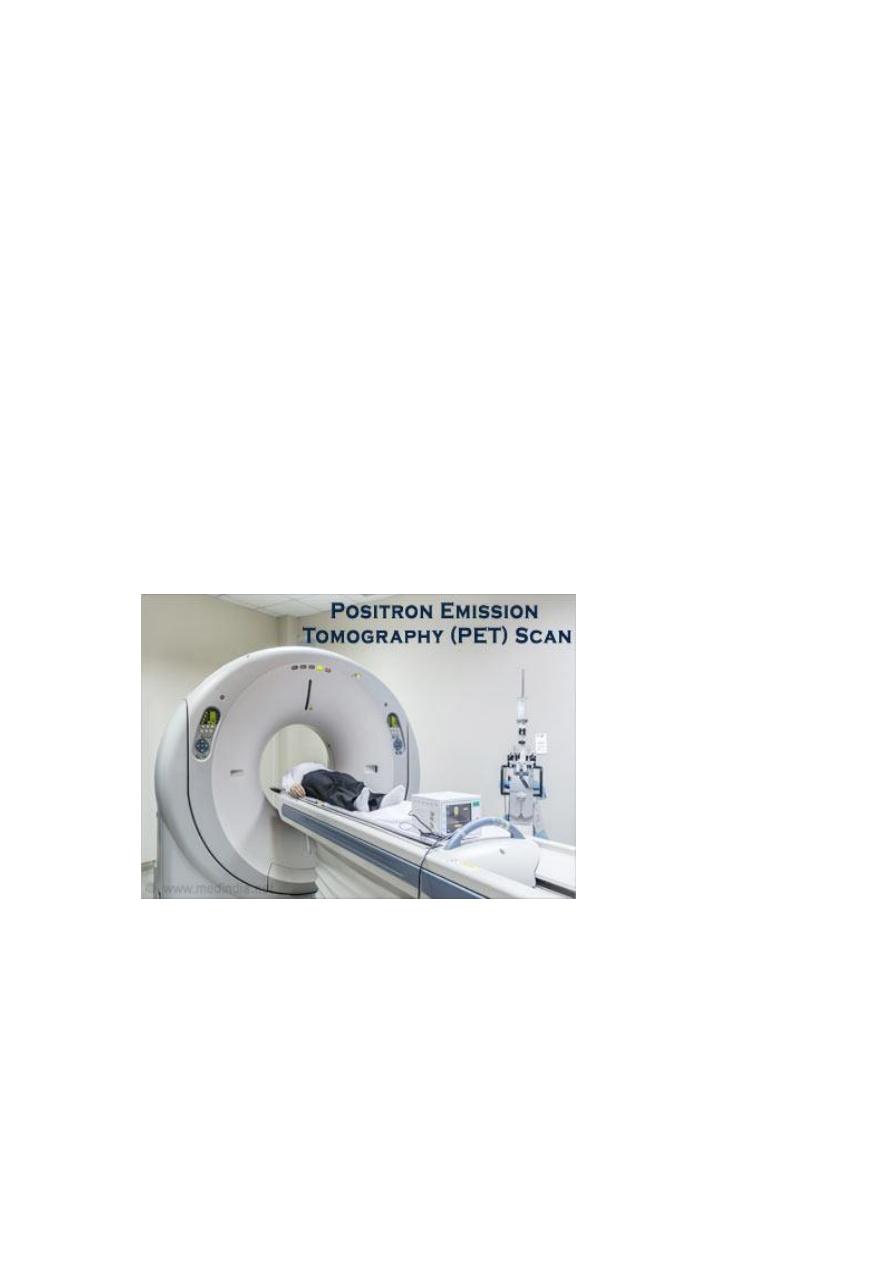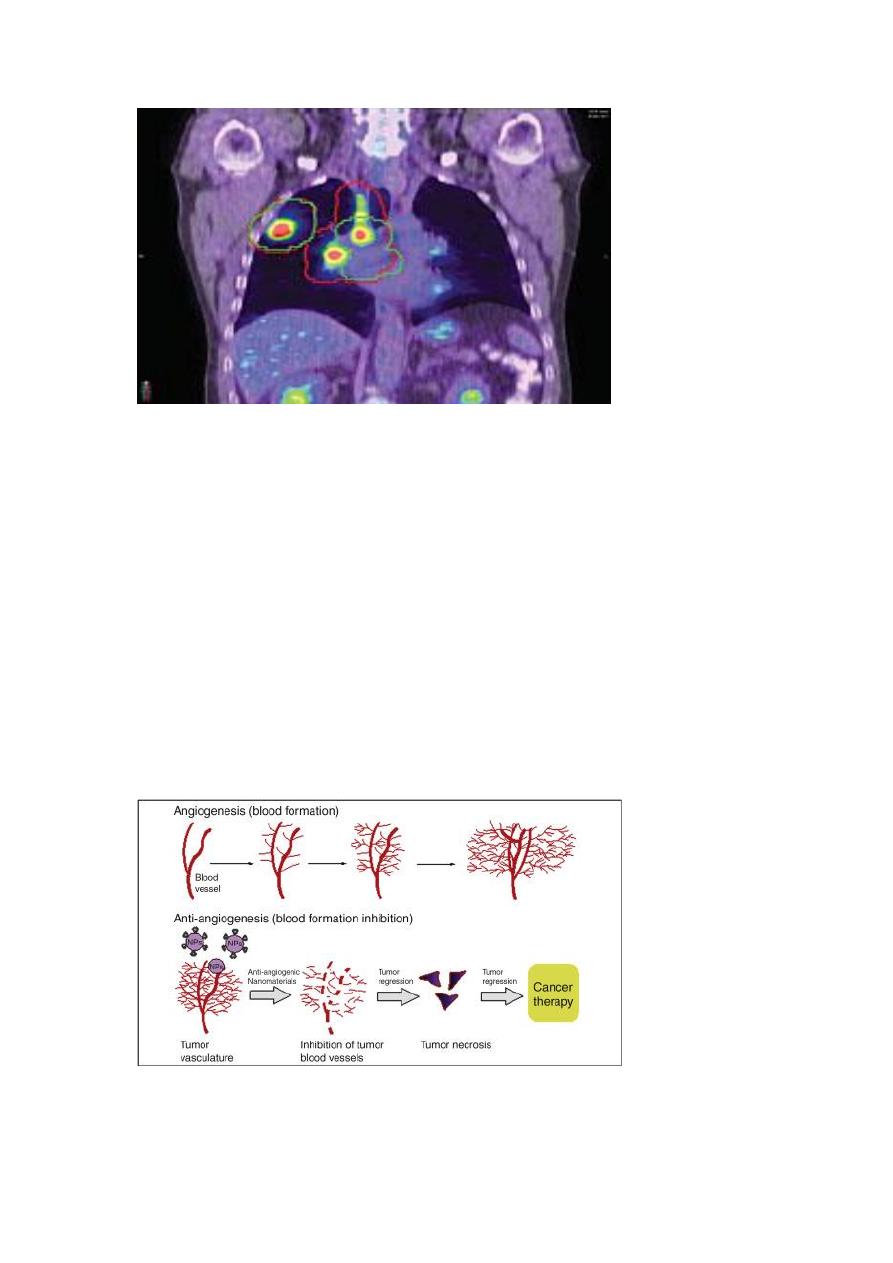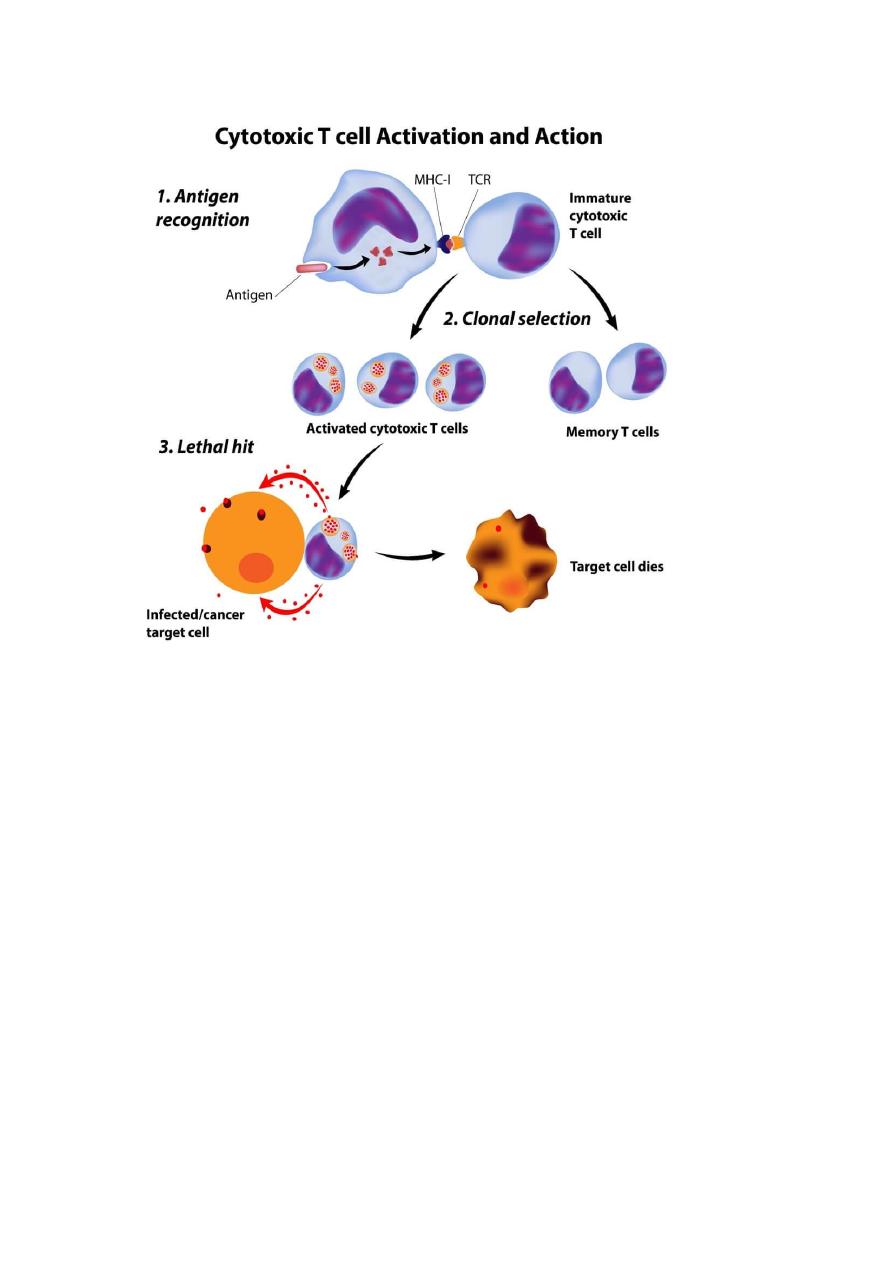
Hallmarks of Cancer
:
• Self-sufficiency in growth signals
• Insensitivity to growth-inhibitory signals
• Altered cellular metabolism
• Evasion of apoptosis
• Limitless replicative potential (immortality)
• Sustained angiogenesis
• Invasion and metastasis
• Evasion of immune surveillance
Altered Cellular Metabolism:
Even in the presence of ample oxygen, cancer cells demonstrate a distinctive form of cellular
metabolism characterized by high levels of glucose uptake and increased conversion of
glucose to lactose (fermentation) via the glycolytic pathway. This phenomenon known as
aerobic glycolysis, has been recognized for many years .
Clinical application:
the “glucose-hunger” of tumors is used to visualize tumors via positron
emission tomography (PET) scanning, in which patients are injected with glucose derivative
that is preferentially taken up into tumor cells (as well as normal, actively dividing tissues
such as the bone marrow). Most tumors are PET-positive, and rapidly growing ones are
markedly so.

Sustained Angiogenesis
:
Even if a solid tumor possesses all of the genetic aberrations that are required for malignant
transformation, it cannot enlarge beyond 1 to 2 mm in diameter unless it has the capacity to
induce angiogenesis, like normal tissues, tumors require delivery of oxygen and nutrients and
removal of waste products, Growing cancers stimulate neoangiogenesis, during which vessels
sprout from previously existing capillaries. Neovascularization has effects on tumor growth
by :
1-perfusion supplies needed nutrients and oxygen.
2-newly formed endothelial cells stimulate the growth of adjacent tumor cells by secreting
growth factors .
3-angiogenesis also contributes to metastasis.
Clinical application :
The idea that angiogenesis is essential if solid tumors are to grow to
clinically significant sizes has provided a powerful impetus for the development of
therapeutic agents that block angiogenesis.

Evasion of Immune Surveillance:
immune surveillance:
based on the premise that a normal function of the immune system is to
constantly “scan” the body for emerging malignant cells and destroy them.
This idea has been supported by many observations—the direct demonstration of tumor-
specific T cells and antibodies in patients; data showing that the extent and quality of immune
infiltrates in cancers often correlates with outcome; the increased incidence of certain cancers
in immunodeficient people and mice; and most recently and most directly, the dramatic
success of immunotherapy in the treatment of several cancers.
The specific factors that govern the outcome of interactions between tumor cells and the host
immune system are numerous and are still being defined. In the face of this complexity, it is
helpful to consider a few overarching principles:
• Cancer cells express a variety of antigens that stimulate the host immune system, which
appears to have an important role in preventing the emergence of cancers.
• Despite the antigenicity of cancer cells, the immune response to established tumors is
ineffective, and in some instances may actually promote cancer growth, due to acquired
changes that allow cancer cells to evade anti-tumor responses and foster pro-tumor responses.
• Defining mechanisms of immune evasion and “immunomanipulation” by cancer cells has
led to effective new immunotherapies that work by reactivating latent host immune responses.
Tumors may escape immune surveillance by
1-Selection of antigen-negative variants.
2-Loss or reduced expression of histocompatibility antigens, thus becoming less susceptible
to cytotoxic T-cell lysis.
3-Tumor induced immunosuppression
Argument against immune surveillance is that tumors developing in immunodeficient patients
are mainly lymphomas, which could be the consequence of an abnormal immune system
rather than the failure of immune surveillance
Clinical application:
therapies that enable the host immune system to recognize and destroy
cancer cells is finally widely applicated, largely due to a clearer understanding of the
mechanisms by which cancer cells evade the host response.

